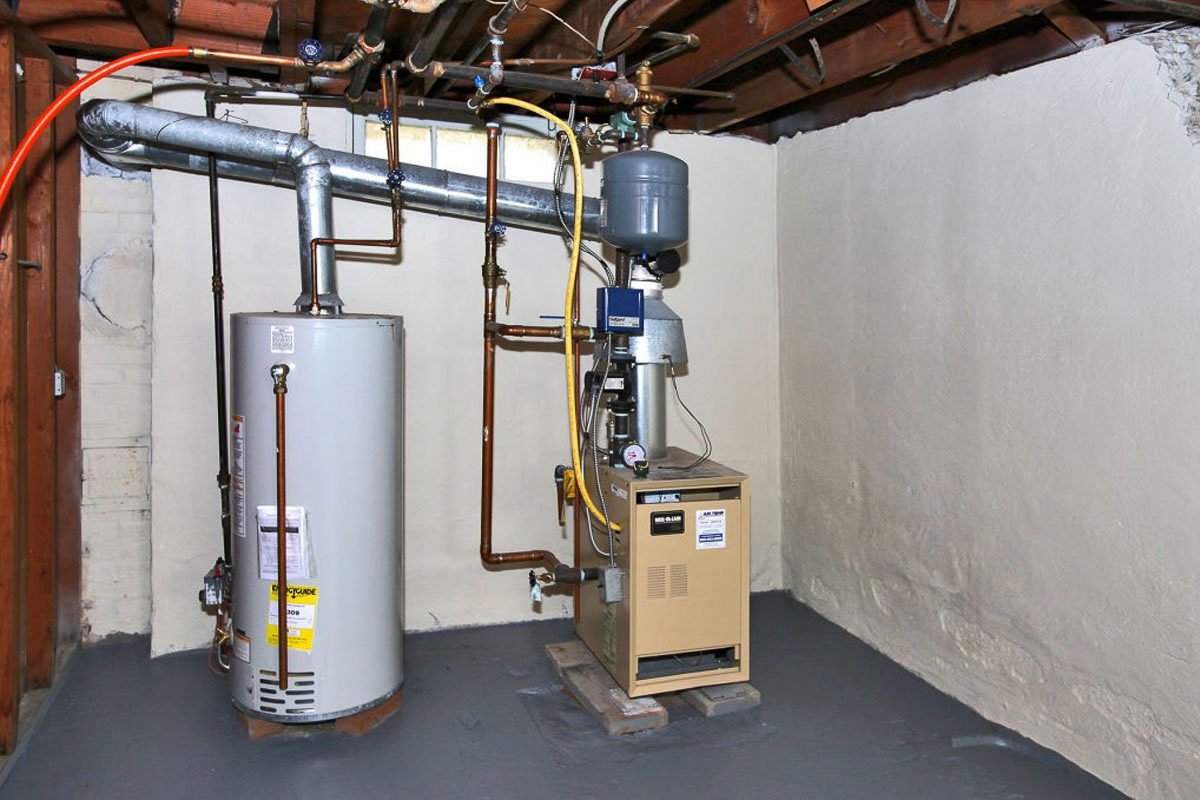When it comes to staying warm in the colder months, choosing the right heating system is crucial.
Both options have their perks, but they operate differently and cater to various needs. In this article, we will explore the key differences between a furnace vs boiler. By understanding their differences, you’ll be better prepared to choose the best solution for your home.
Ready to find out which heating champion will reign supreme in your home? Let’s go!
Heating Mechanism: How Each System Works
A furnace heats air and distributes it throughout the home. It uses a fan to push warm air through ducts. This process creates an even temperature in each room.
On the other hand, a boiler heats water and then sends steam or hot water through pipes. This hot water warms the radiators in each room. This method can provide more consistent heat without the drafts sometimes felt by forced air systems.
Both systems can effectively keep your home warm, but they operate in distinct ways.
Energy Consumption and Cost Analysis
Furnaces often use gas, electricity, or oil, with natural gas being the most common. They usually have higher efficiency ratings. However, they can still lead to increased energy bills if not maintained properly.
In contrast, boilers tend to be more energy-efficient because they use water for heating. This process allows for better heat retention. While its upfront cost might be higher, the long-term savings on energy bills can make it a more economical choice.
Energy Efficiency Ratings: Understanding AFUE
Energy efficiency ratings help you compare heating systems. One common measure is the AFUE rating. This shows how efficiently a furnace or boiler uses fuel to heat your home and it is expressed as a percentage.
Furnaces typically have AFUE ratings between 80% and 98%. Boiler efficiency can also vary, often rated between 80% and 95%.
Therefore, choosing a system with a higher AFUE can lead to lower energy costs. So it is important to factor in this rating when making your decision.
Environmental Impact: Emissions and Sustainability
In terms of environmental impact, boilers have an edge over furnaces. Since they use water instead of forced air heating, they produce fewer emissions. This makes them more eco-friendly and sustainable options.
Additionally, boilers can utilize renewable energy sources such as solar or geothermal energy. These green alternatives can further reduce your carbon footprint and lower your energy bills.
Maintenance and Longevity
Regular maintenance is essential for both furnaces and boilers to ensure optimal performance and longevity. To prevent breakdowns and inefficiencies, furnaces require annual inspections to:
- Clean filters
- Gas line issues
- Fan functioning properly
Boilers also benefit from routine maintenance, which includes checking pressure levels, bleeding radiators, and ensuring the water quality is adequate. Investing in these specialized services in boiler system design can enhance the lifespan of your heating system.
When systems are well-maintained, they can last longer and provide consistent heating for your home.
Exploring the Differences Between Furnace vs Boiler Heating Systems
Choosing between a furnace vs boiler system can significantly impact your comfort and energy costs. Each option has its perks, so you should choose based on your needs and preferences.
Ready to take the next step? Consult with a heating professional today to find out which system fits your lifestyle best!
Don’t miss the latest updates and alerts visit: Buzz Slash!




